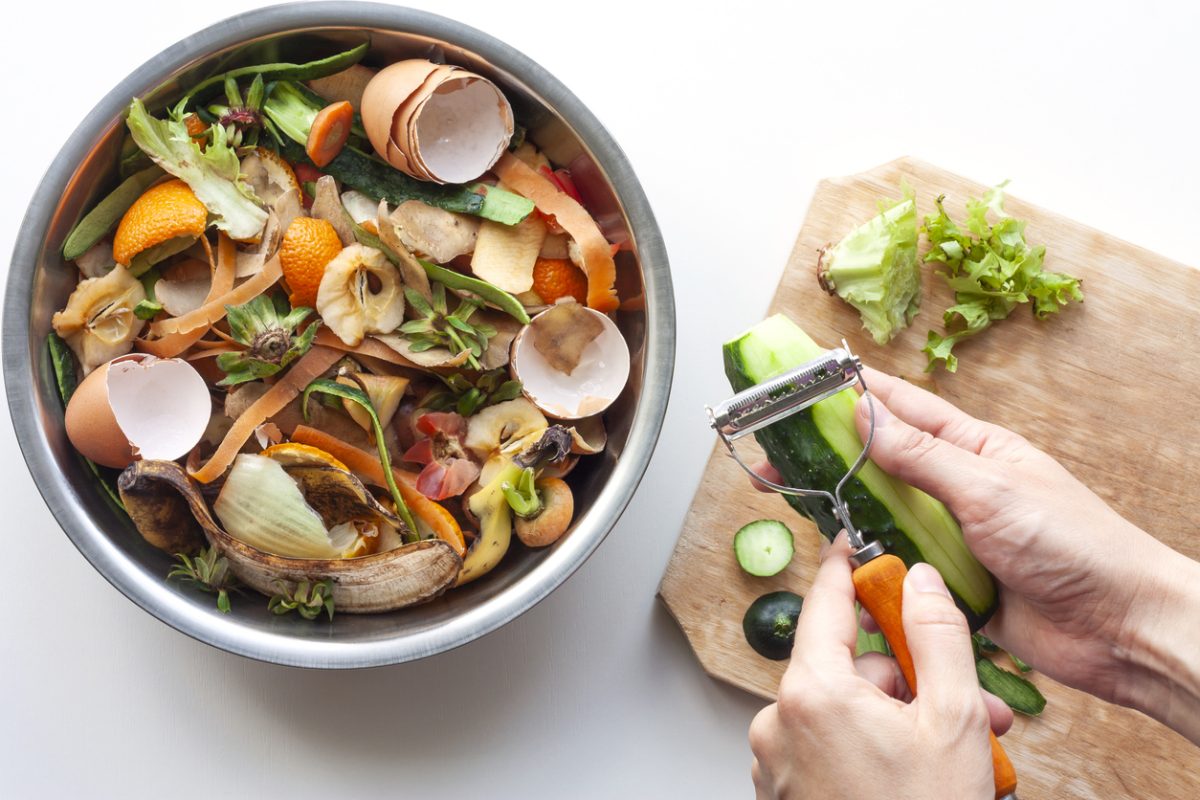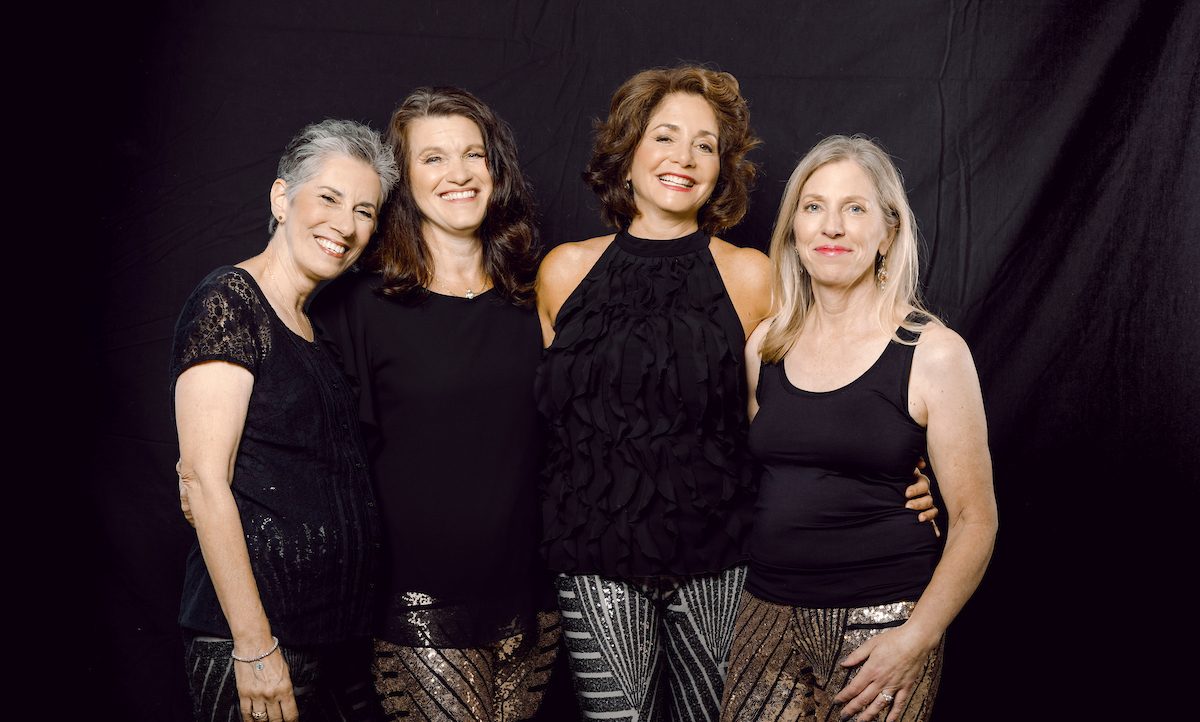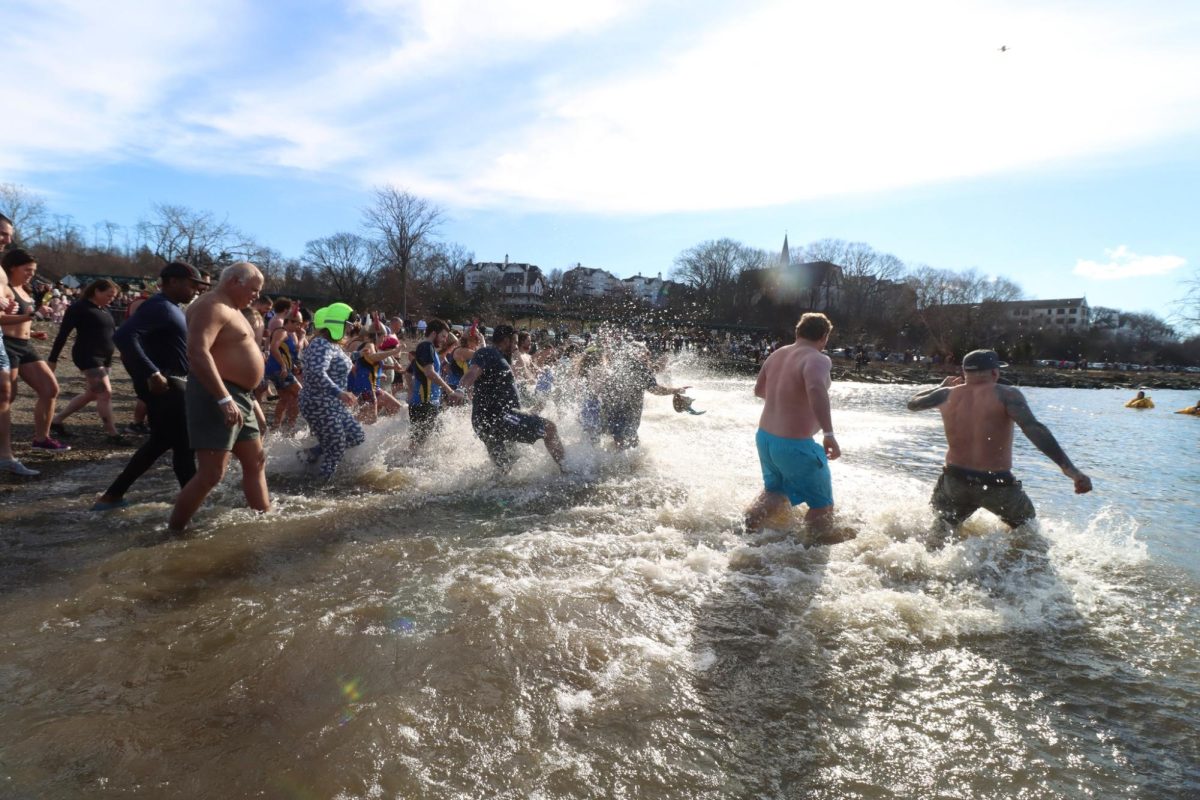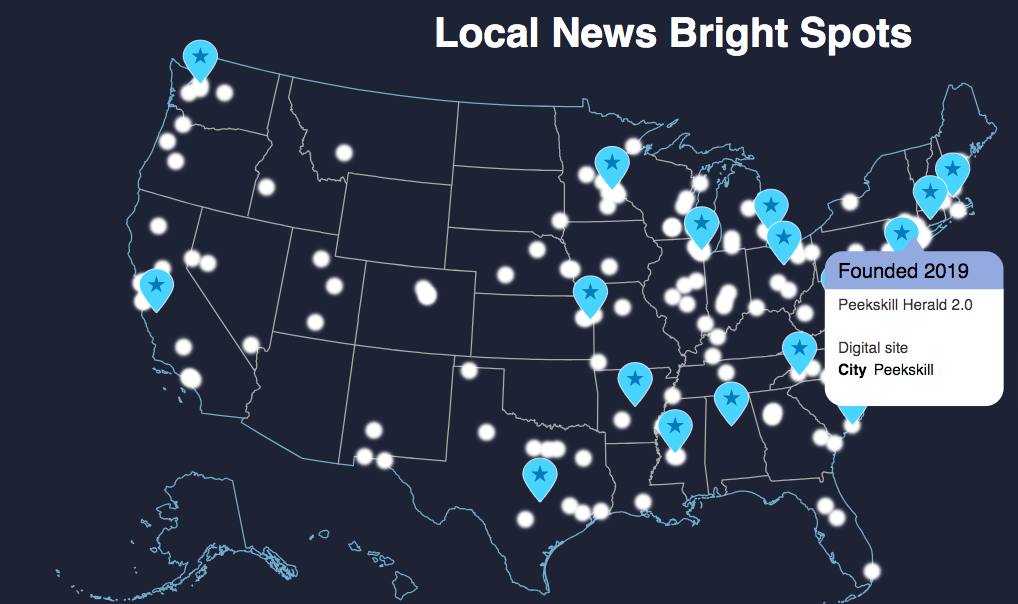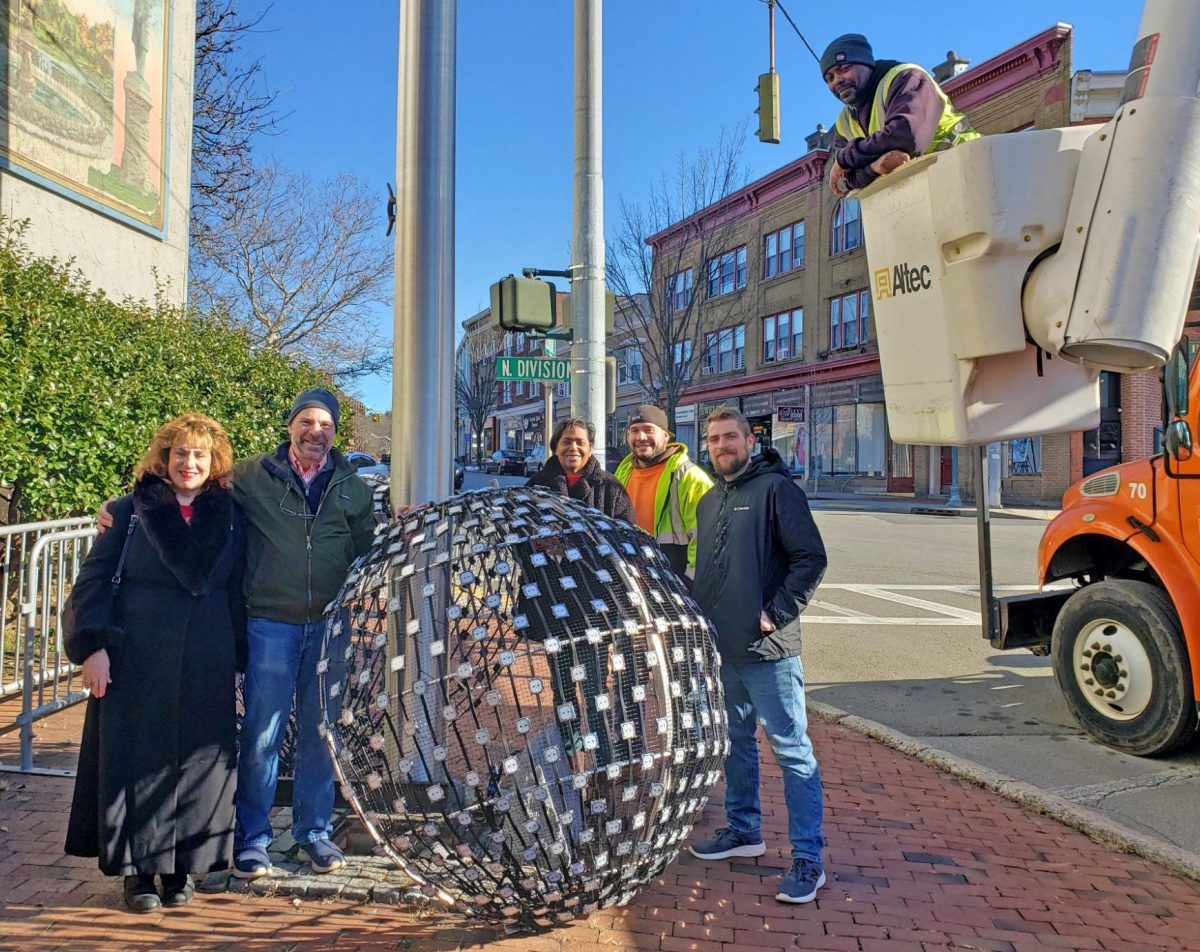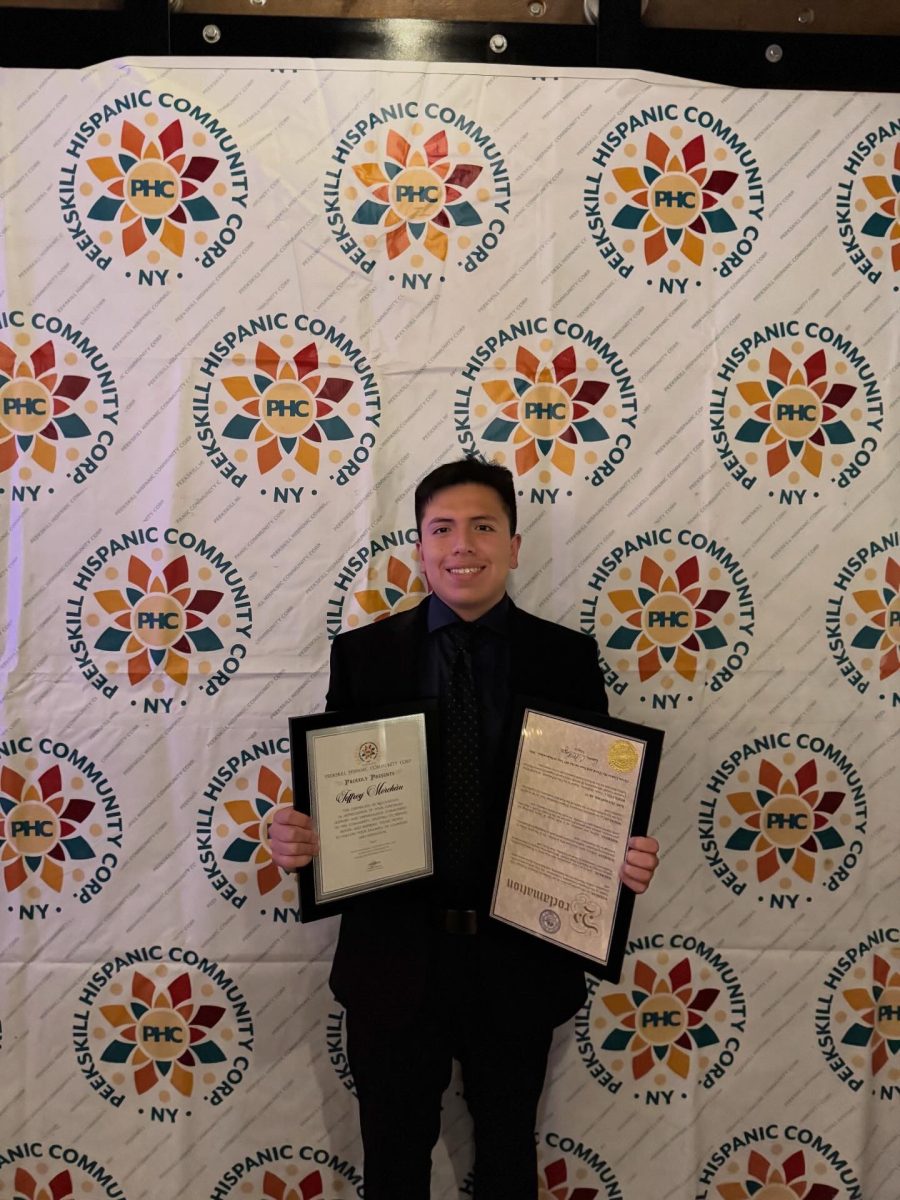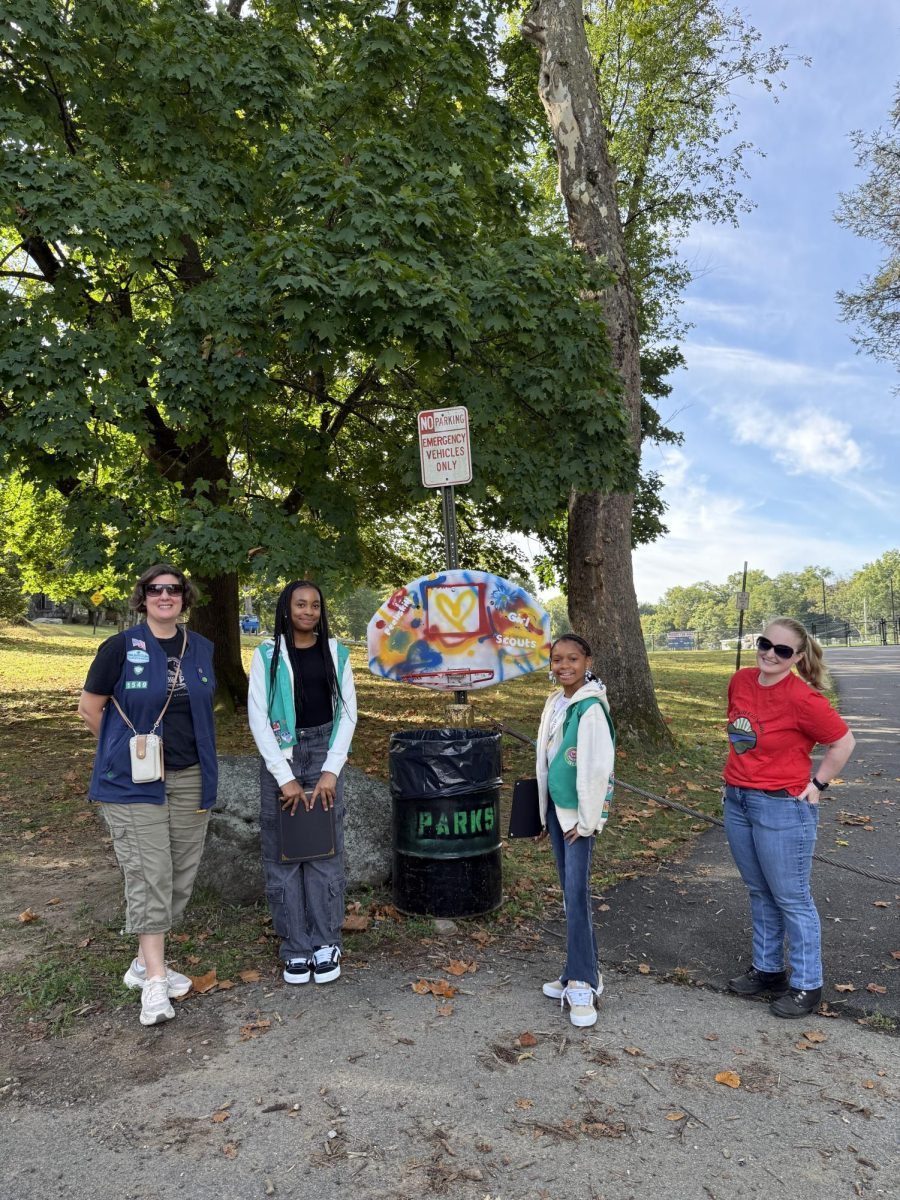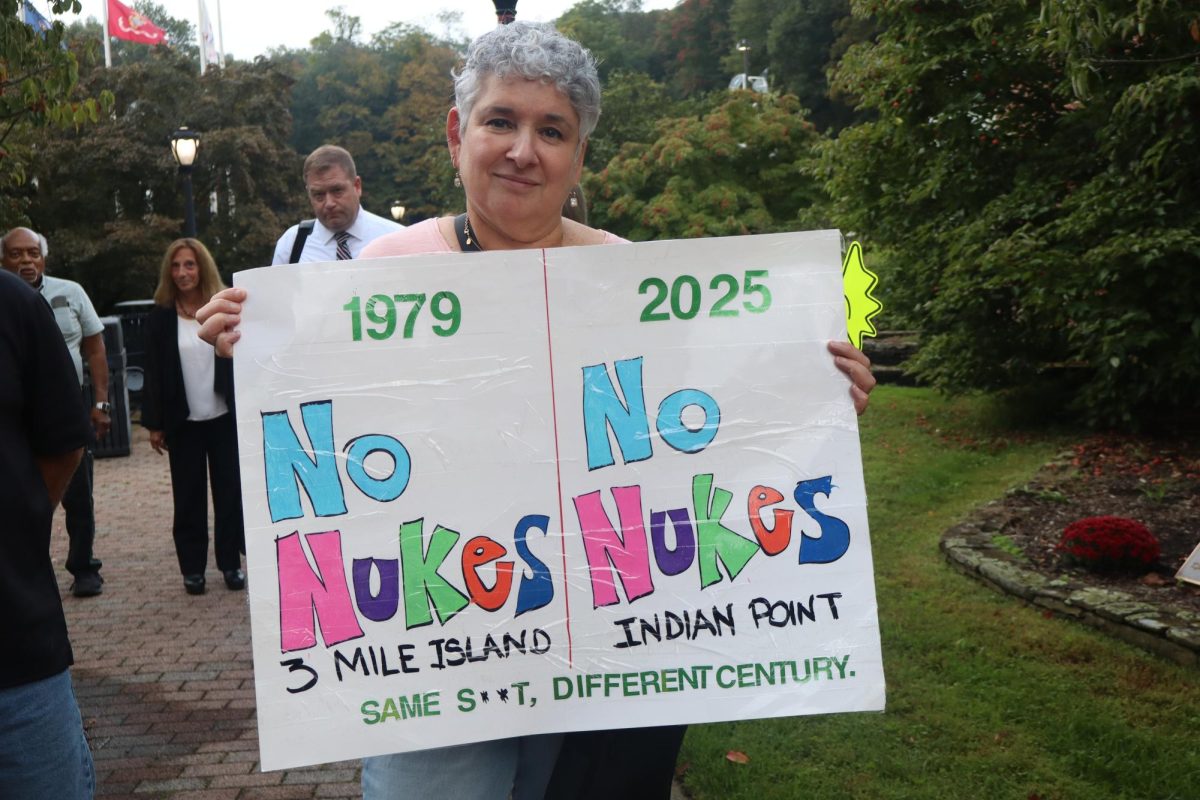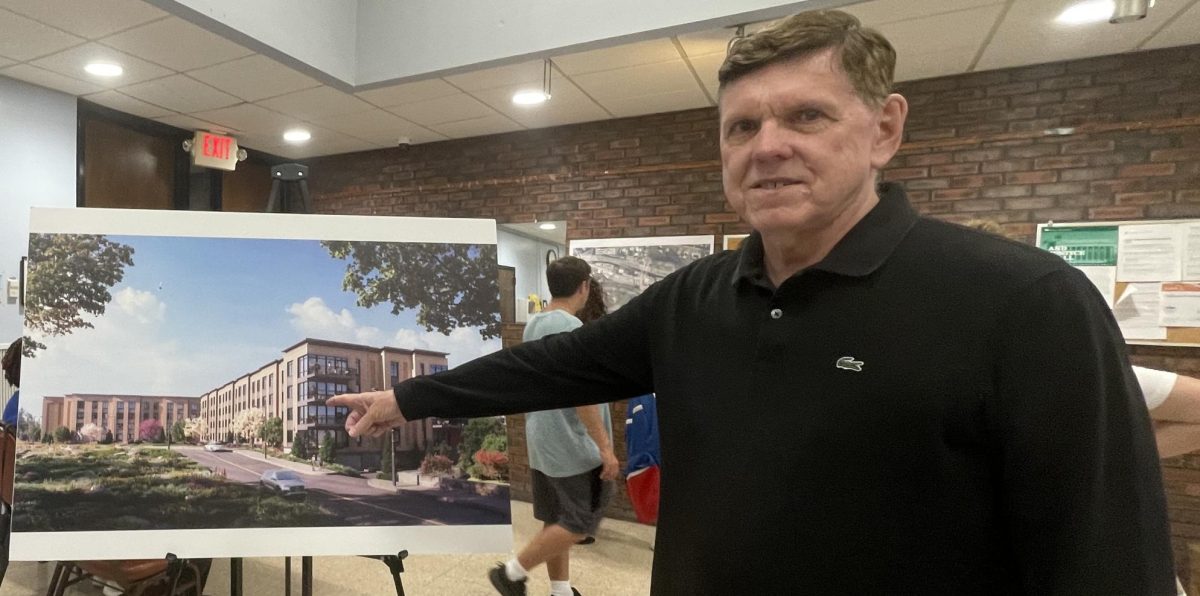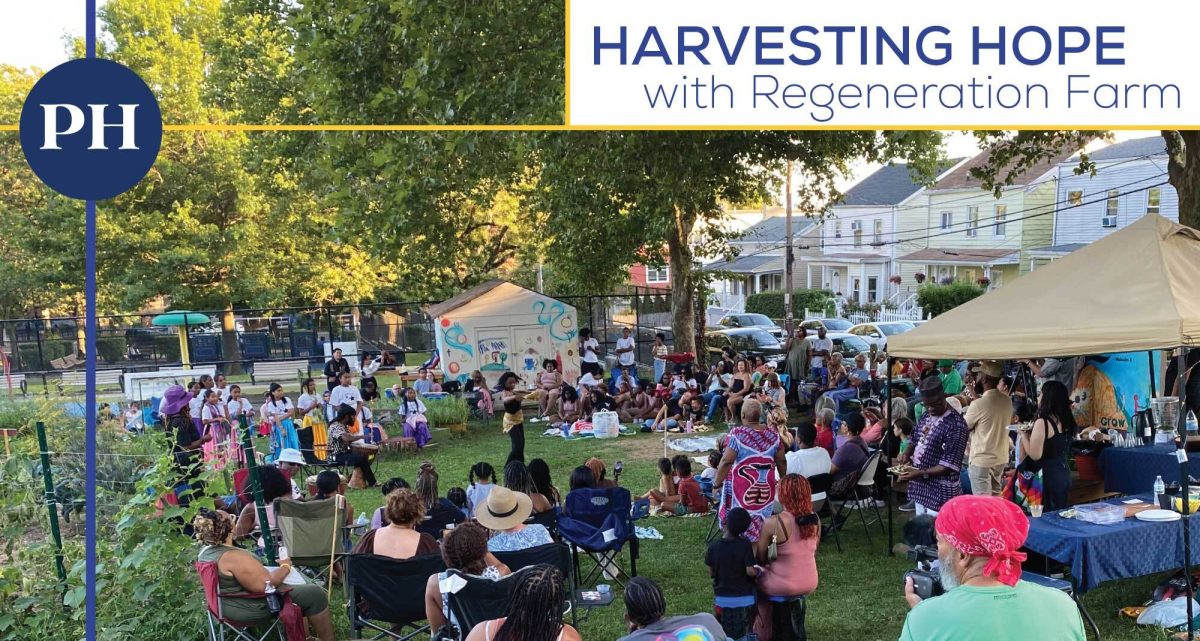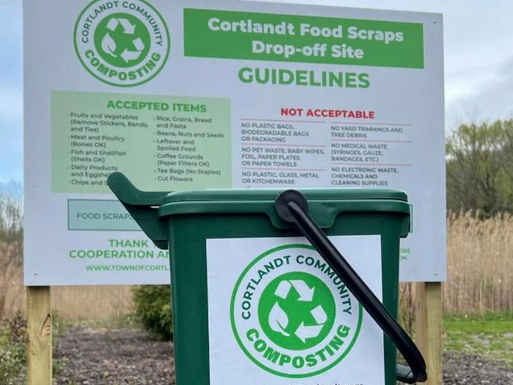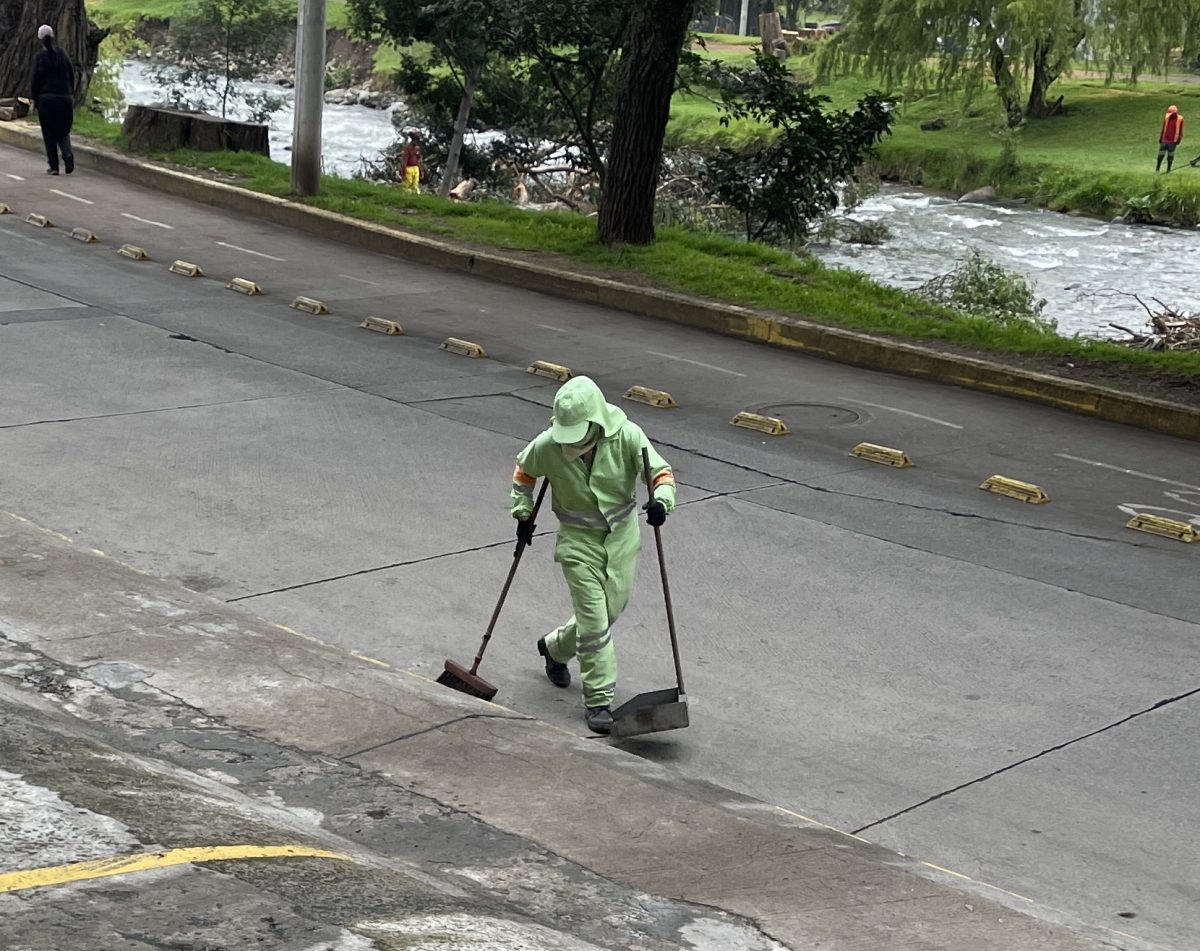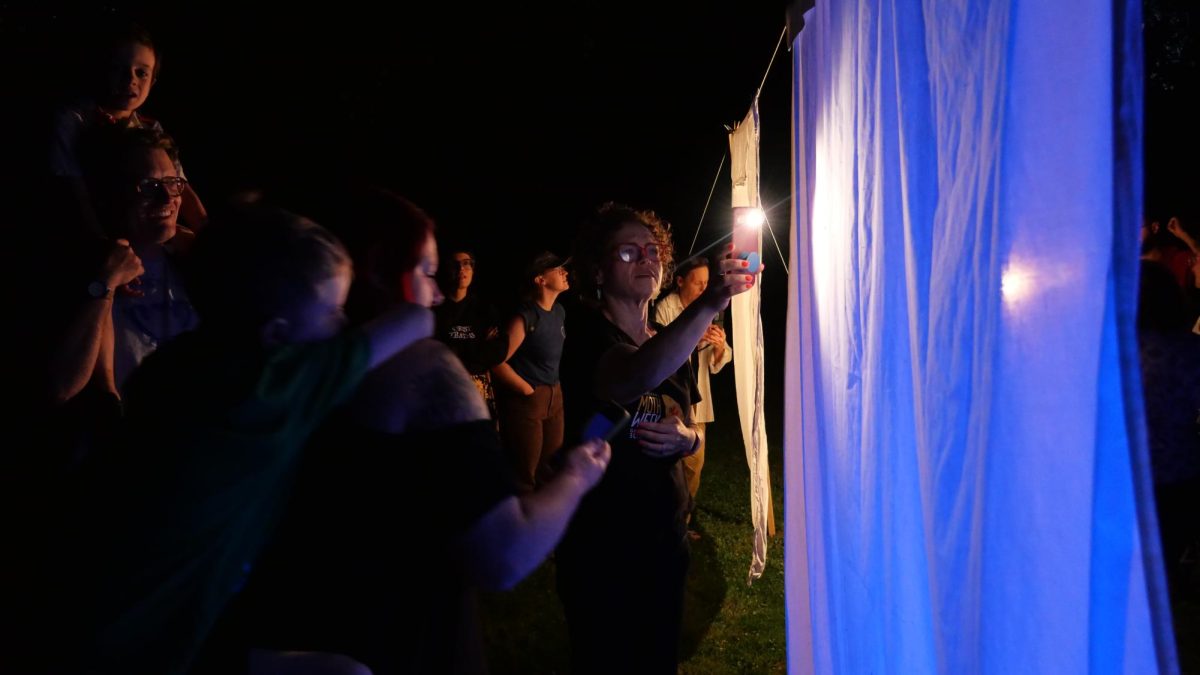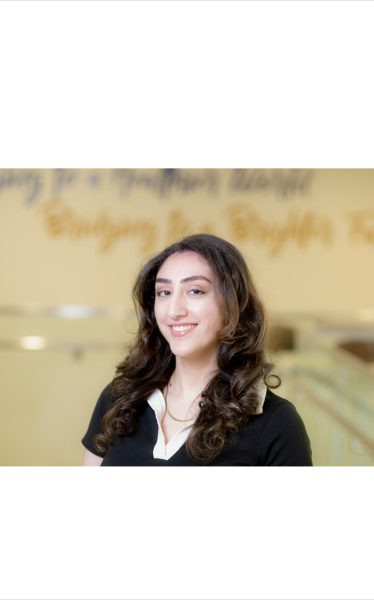The monthly panel of the Westchester Alliance for Sustainable Solutions (WASS) highlighted several municipal composting programs, which aim to get food scraps out of the incinerator and recycle them into fertilizer.
WASS is an alliance of community organizations that seeks alternative solutions to achieve zero waste. One of WASS’s goals is to close the Wheelabrator Westchester incinerator in Peekskill where the county’s trash is burned. According to the WASS website, Wheelabrator is the largest source of air pollution in the county. Vanessa Agudelo, WASS member and former Peekskill City Council member, leads the Zero Waste Task Force which began in January 2023. WASS advocates for sustainable solutions at the local, county, state, and federal levels.
At the alliance’s October zoom event, the Task Force highlighted Peekskill’s programs along with Rye and Yonkers. Ways to improve air quality in Peekskill include diverting waste from going to the incinerator through composting programs which recycle wasted food into fertilizer. Food scraps are wet, so they require more heat to burn than dry trash. Peekskill resident Dr. Courtney Williams, founder of WASS and a scientist at Regeneron Pharmaceuticals, explained that, “it’s fracked gas that Wheelabrator uses to get those high temperatures.”
During the panel presentation, Peekskill resident Kay Barthelmes discussed the city’s composting program, that began in May. Residents and businesses can drop off food scraps at the DPW yard on Louisa Street on Saturday mornings from 9 a.m. to 12 p.m. Barthelmes explained some challenges with the program: the dropoff site is difficult for users to find, is unsanitary, and has short dropoff time frames.
Peekskill Department of Public Works Director Chris Gross responded to a Herald call after the WASS presentation, saying the large food scrap bins have been moved outside the gates of the DPW yard about a month ago, allowing residents to drive to the curb and drop off their food scraps on Saturday mornings. He added that the city pays Westchester County to pick up the food scraps and since May, three and a half tons have been diverted from the waste stream.
Some of the constraints around drop off have made it particularly difficult for small businesses in Peekskill to utilize the composting program. Since the DPW composting site is open only once a week, businesses must store their food waste for seven days. Food scraps must be stored outside and in bins, which risks people throwing other trash into the bins, especially if they are not in a secured area.
Sunny Cover, owner of Peekskill Coffee House, says this is not sustainable for local businesses: “If something is only picked up once a week, then we have food sitting in bins and we can’t keep that inside or outside. If it’s not picked up daily it makes it very difficult, especially with the amount of waste we have. So there’s a huge amount of waste storage that has to happen.” Gross said that the cost of picking up food scraps would be prohibitive because it would mean sending another DPW truck around. “Everybody is trying to figure this part out and I don’t think it’s in the budget,”
The Task Force’s meeting also described other composting programs in Westchester municipalities, some of which have been more successful than Peekskill’s. For example, Zero Task Force member Susan McAnanama discussed the Yonkers program which started in 2022. “It wasn’t really that hard … as soon as people started doing it they said, ‘We have so much less garbage…and it doesn’t smell.’” McAnanama shared that in September, nearly 4,000 pounds of food waste had been diverted from the Wheelabrator plant and turned into compost, and used to fertilize local parks and recreational areas.
Linda Mackay of Rye described how she helped obtain a clean energy community grant from the New York State Energy Research and Development Authority (NYSERDA) to get the Rye composting program going. The grant money allowed the city to purchase composting buckets and bags in lieu of spending taxpayer dollars. After securing funding, Mackay and her team worked to publicize the food scrap recycling program on social media. Members of the Rye Sustainability Committee worked for months to educate new participants.
The Rye program has online signups, and participants pay an annual fee ($52) to purchase their own compostable bags ($20) and reusable bins. Nearly 700 Rye households opted to pay for composting service.
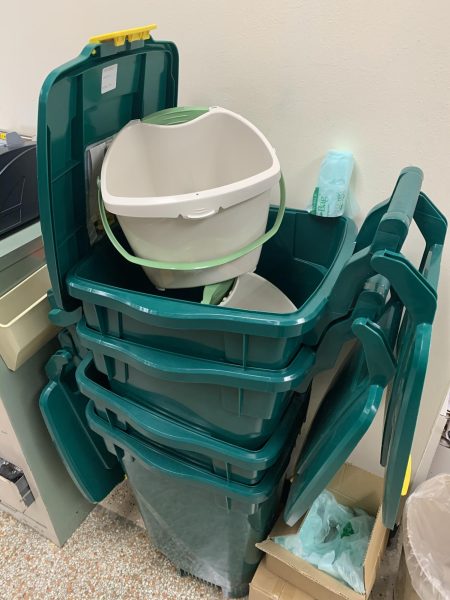
In Peekskill, residents can purchase a three gallon container for $10.00 each; a 13 gallon container for $45.00 each and three gallon biodegradable bags (25 per roll) for $3.00 and 13 gallon biodegradable bags (25 per roll) for $6.00 by coming to the Finance Office at City Hall. City residents can go here to see what is accepted at the food recycling bins.


